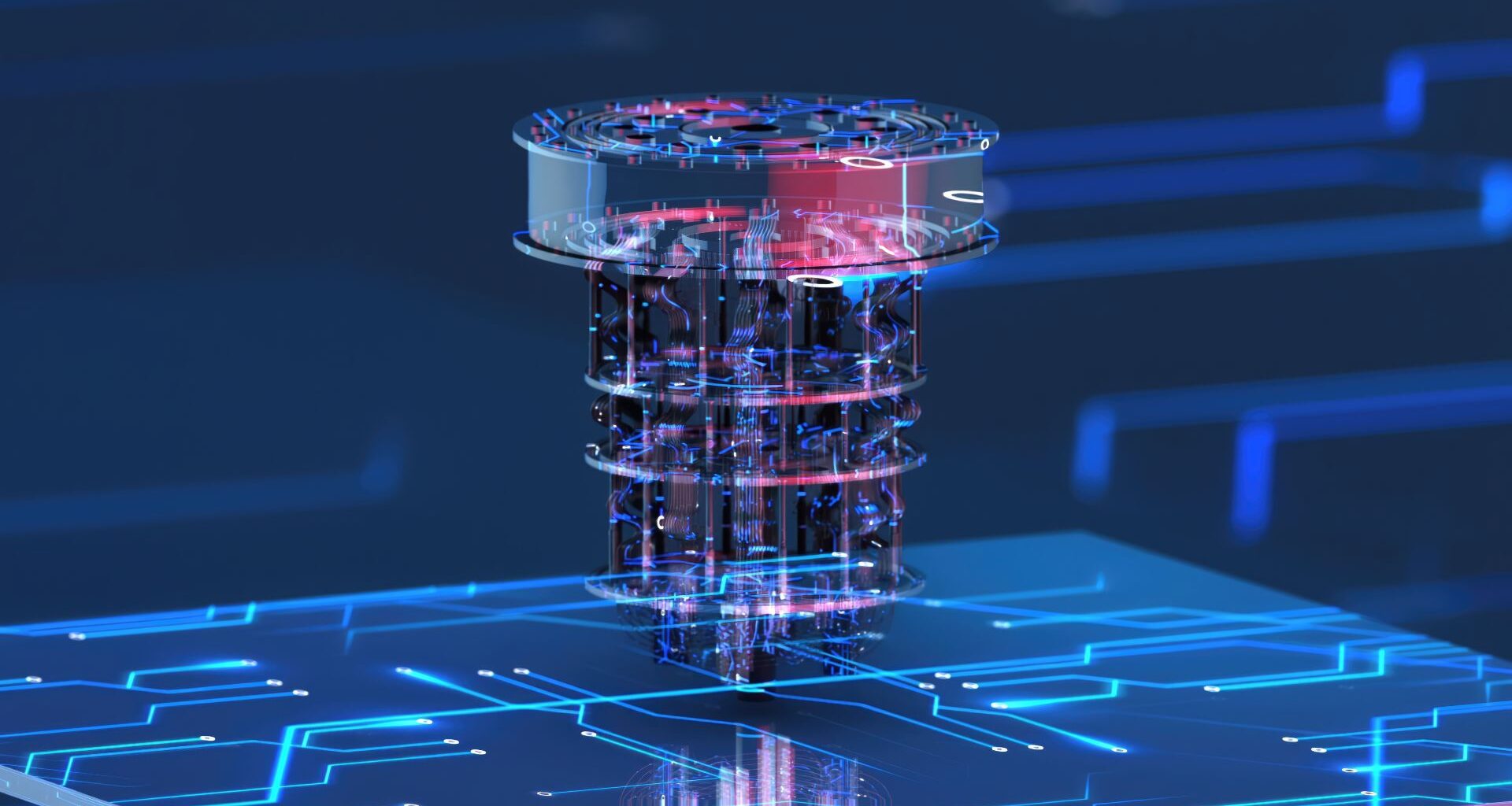Quantum computers promise to revolutionize everything from drug discovery to climate modeling. By processing information in quantum bits, or qubits, these machines could one day outperform even the most powerful supercomputers.
But building them remains a monumental challenge. The biggest hurdle: quantum systems are fragile. They are prone to errors from even the tiniest disturbances, making accurate, large-scale computing nearly impossible without error correction.
Now, a team of researchers in Japan has unveiled a major step forward. Scientists from the University of Osaka have developed a powerful new approach to a long-standing problem of preparing the ultra-pure quantum states essential for error-resistant computation.
Their method drastically reduces the resources required, bringing us closer to building reliable, large-scale quantum machines.
The study introduces a process called “zero-level” magic state distillation. It prepares high-fidelity quantum states with far fewer qubits and much lower computational cost than traditional techniques.
The researchers say this advance could significantly shrink the time and scale needed to develop fully fault-tolerant quantum computers.
Quantum noise problem
Quantum systems promise extraordinary computational power by leveraging superposition and entanglement. But their biggest weakness remains noise.
“Quantum systems have always been extremely susceptible to noise,” says lead researcher Tomohiro Itogawa.
“Even the slightest perturbation in temperature or a single wayward photon from an external source can easily ruin a quantum computer setup, making it useless. Noise is absolutely the number one enemy of quantum computers.”
To overcome this, scientists focus on fault-tolerant architectures. These setups continue computing correctly even when parts of the system suffer interference. But such systems rely on what are known as magic states, which must be exceptionally pure. Creating these states has always been expensive.
Costly but necessary process
“Magic state distillation” is a technique used to refine noisy quantum states into reliable ones. But it’s notoriously resource-heavy.
“The distillation of magic states is traditionally a very computationally expensive process because it requires many qubits,” says Keisuke Fujii, senior author of the study. “We wanted to explore if there was any way of expediting the preparation of the high-fidelity states necessary for quantum computation.”
Their research shows that it’s possible.
Introducing zero-level distillation
Most distillation methods work at higher logical levels, which are abstract layers built on top of physical qubits. The Osaka team decided to go lower, directly to the physical level.
They built a fault-tolerant circuit that operates at this “zeroth” level, sidestepping many of the complexities of multi-layered systems. As a result, they achieved fewer qubits, simpler setups, and much faster performance.
Simulations showed that their method cuts spatial and temporal overhead by dozens of times.
Shorter path to scalable quantum systems
With this new distillation technique, researchers may not need massive hardware arrays to build noise-resistant quantum computers. Itogawa and Fujii believe the technology is maturing faster than many expect.
Itogawa remains hopeful about the impact. “Whether one calls it magic or physics, this technique certainly marks an important step toward the development of larger-scale quantum computers that can withstand noise.”
